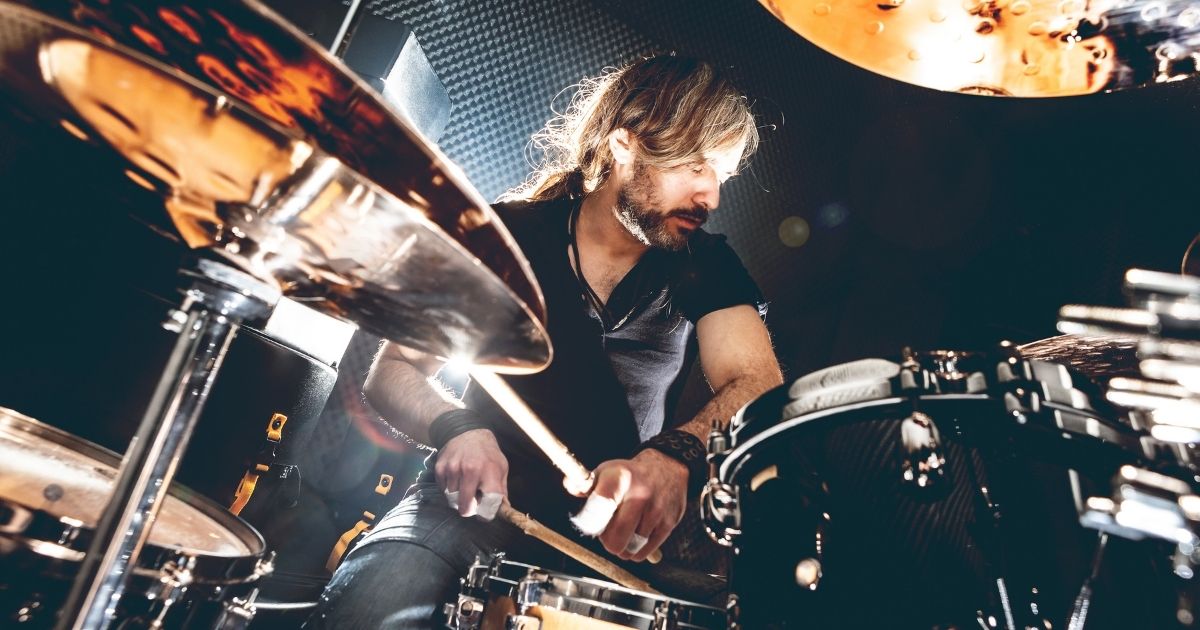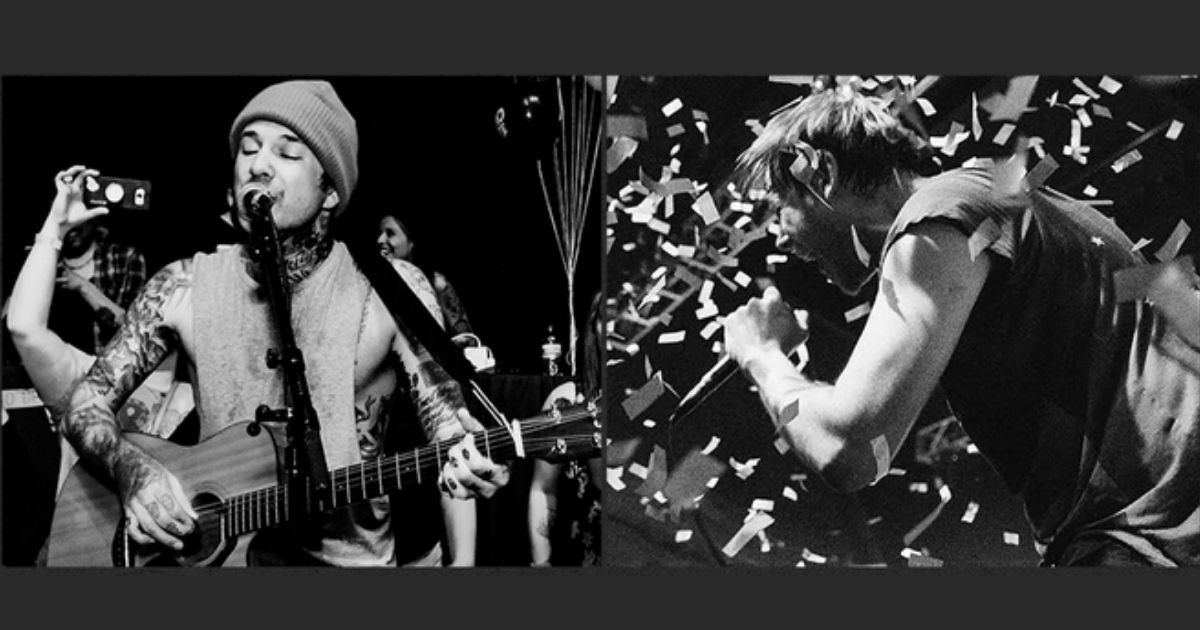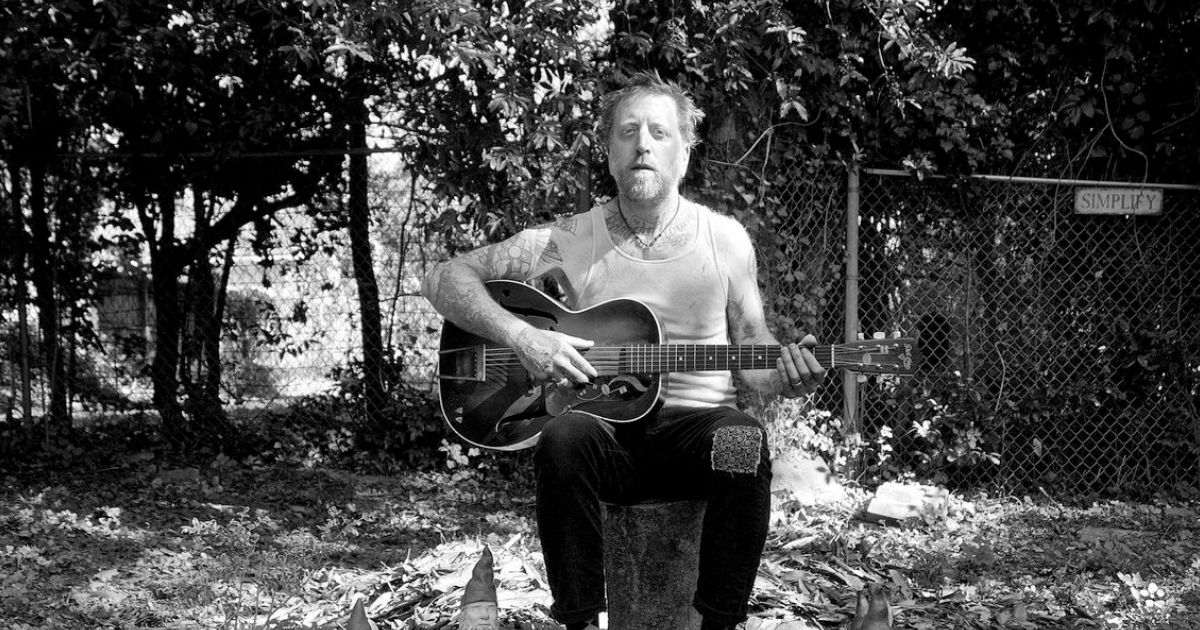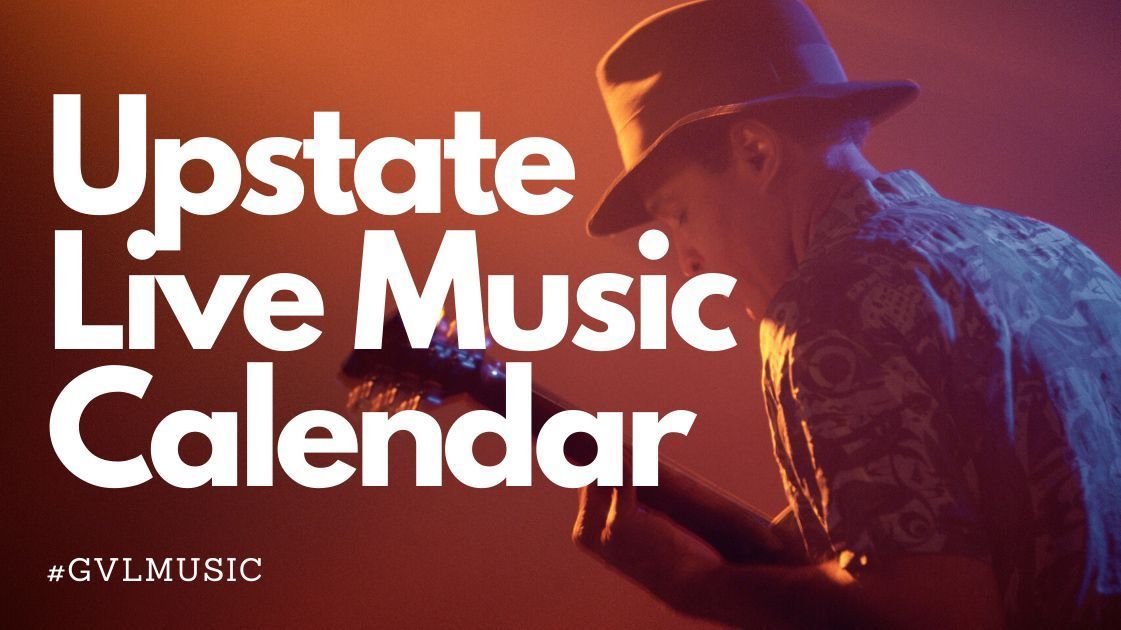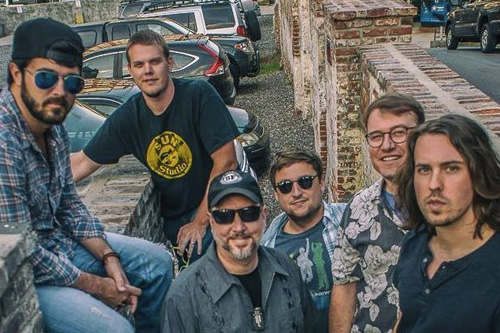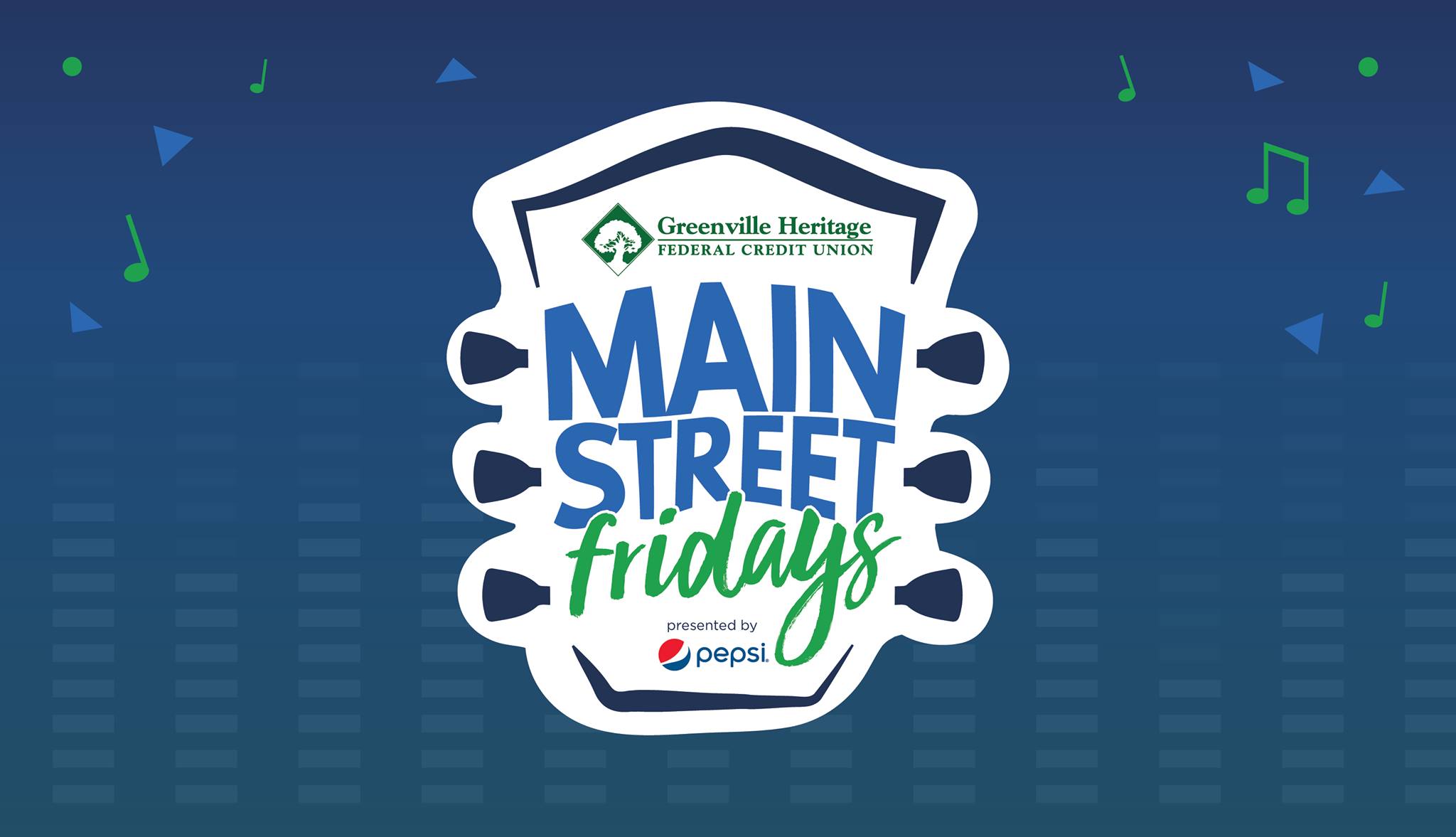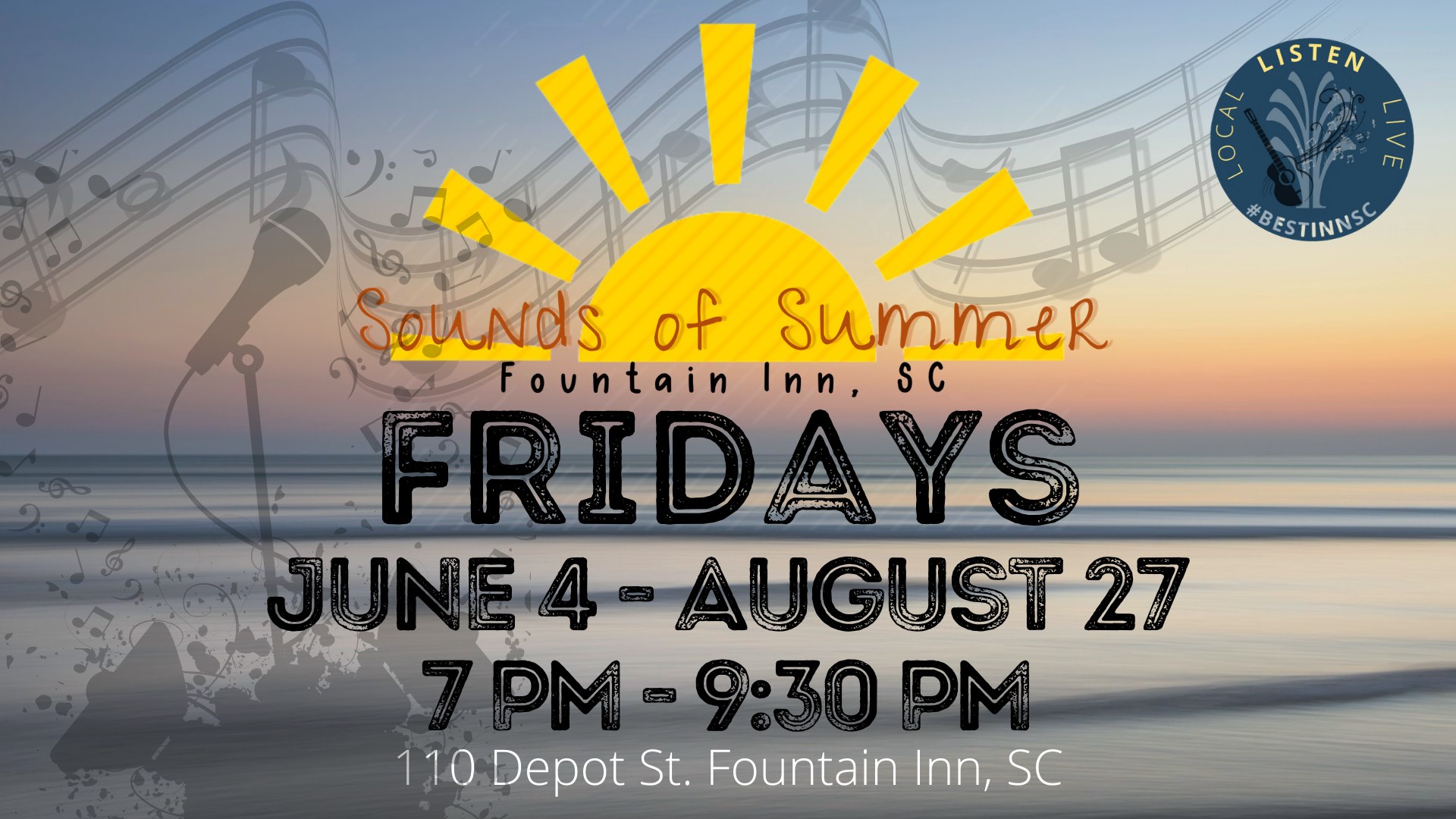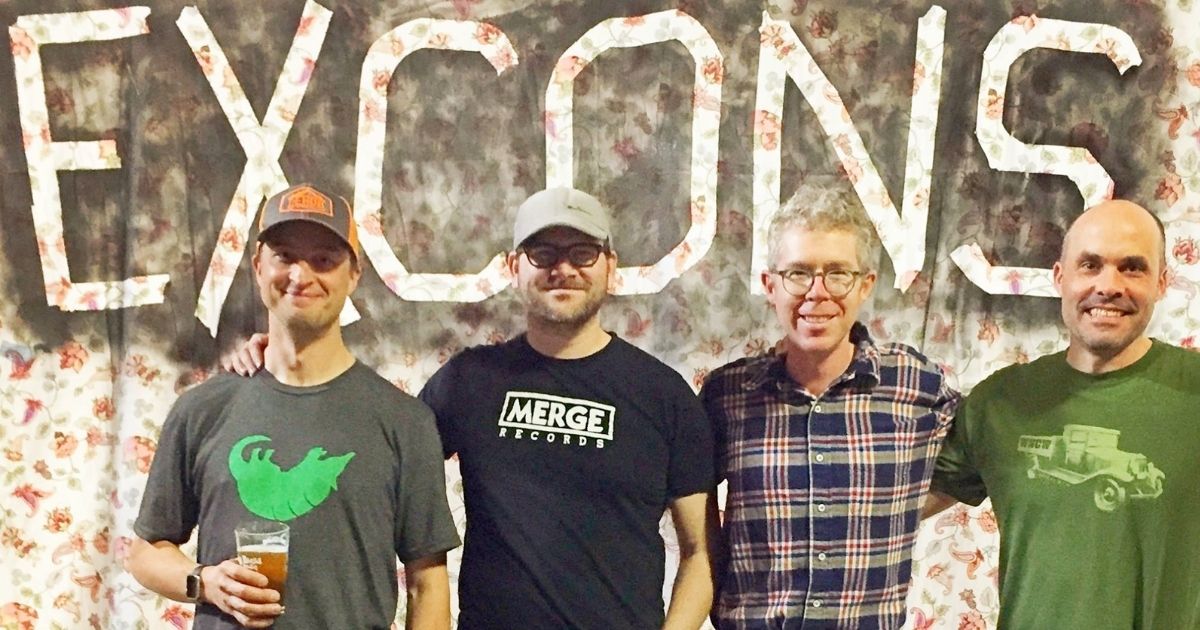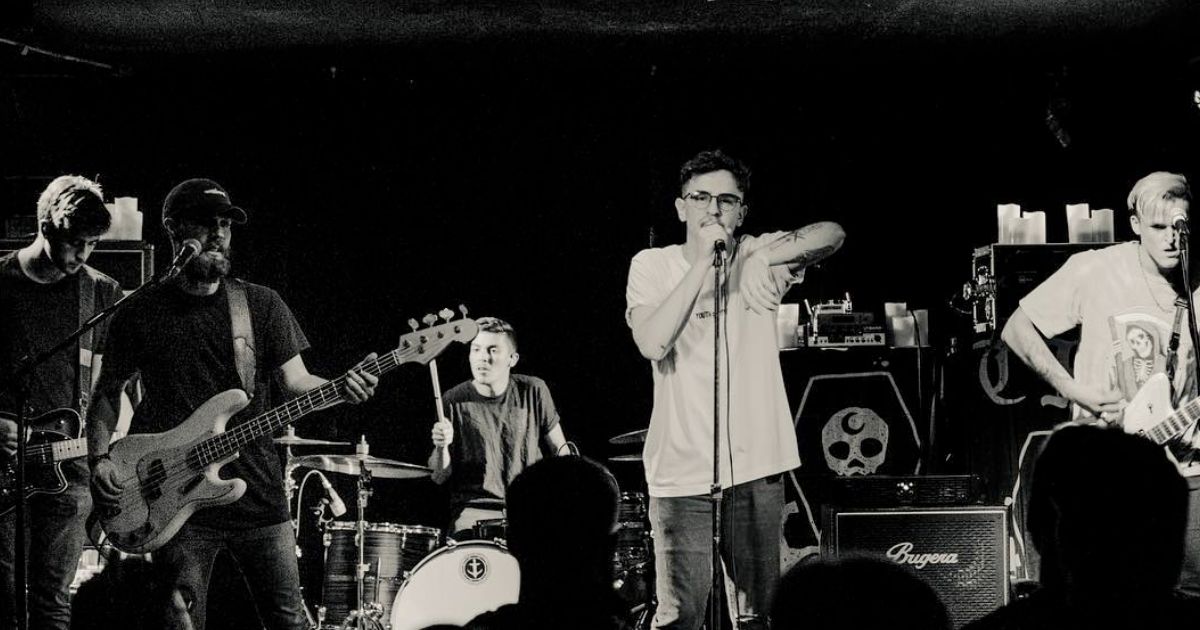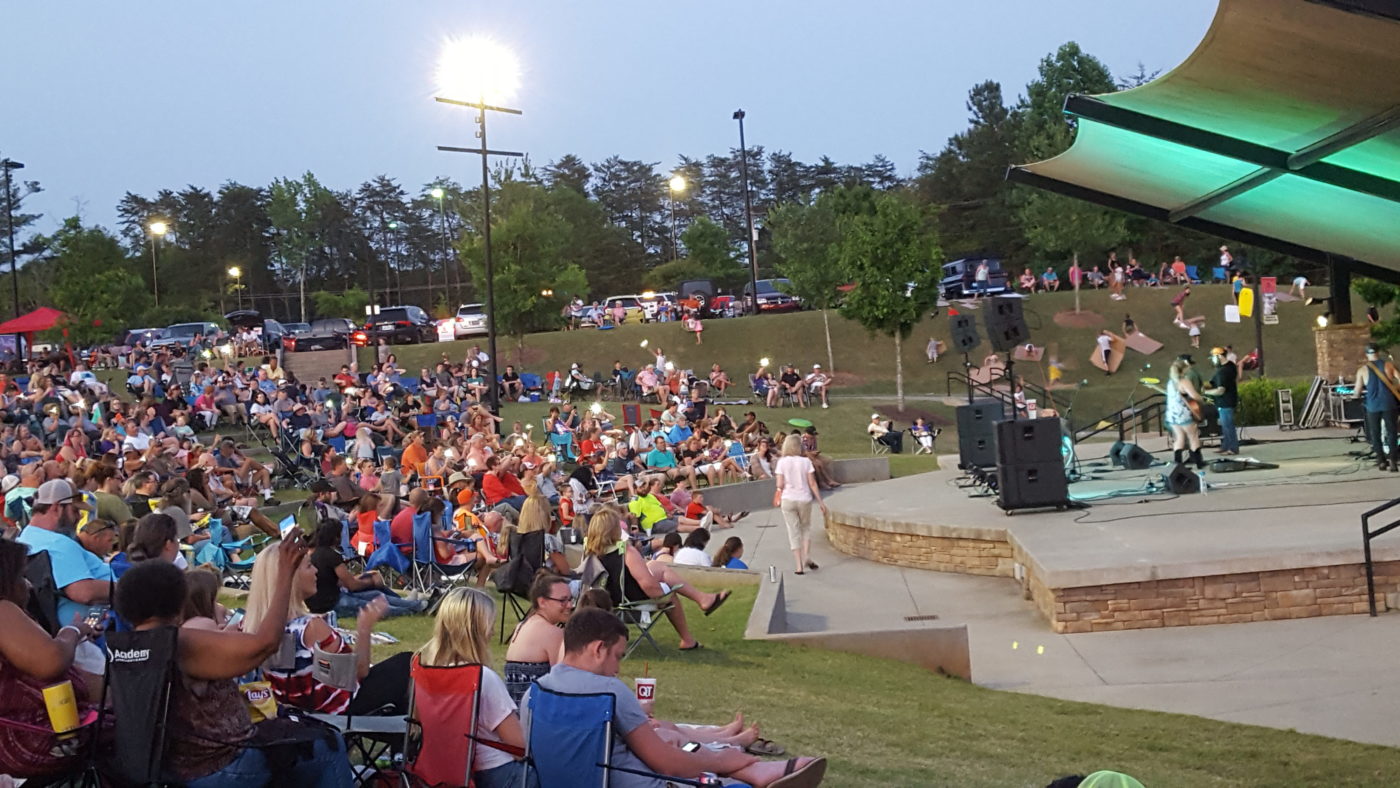Wes Gilliam
With live shows starting to pop back up in 2020, I thought now would be a good time to talk about the actual putting on of live shows. I’m going to look specifically at two different aspects of getting gigs & live performance tips to help you put on a great show :
1.Booking the RIGHT gig for your band
2. Putting on a quality live show (hint: it’s more than just playing your songs right).
Booking the Right Gig
So, first off, I want to talk about the importance of booking the right gigs for your band, or at least potentially avoiding booking the wrong ones. In addition to booking probably around 2,000 shows (and a few festivals), I’ve also been on the other side of the coin as well as played in several bands off and on throughout the years.
As a young musician, my previous bands and I would play any place that would have us: from house shows to DIY spaces to any bar that didn’t give a shit. Some of the odder places I’ve played have been redneck bars in Spartanburg where the opening band was too young to legally play in the building, to a redneck bar in Florence where our old bassist worked (I believe there was a glass display of dildos by the front door for some reason). We also played places like dance clubs that would have bands on the weekend sometimes, and we’d always have to bring our own P.A. etc.
Nothing great came of any of those gigs, and we weren’t smart enough or in a good enough area to have many other choices. Those were definitely the wrong gigs. In hindsight, if we had been smarter, we would have gotten a keg or two and had a house party and played there, instead of trying to put a square peg in a round hol, especially since we were all in our early 20’s. There’s nothing wrong with putting on a house show with all of your friends and making a party out of it. Doubly so if you live in a town in the middle of nowhere and there are no quality venues that are receptive to what you’re bringing to the table musically.
Another mistake we made was sending our demos to any club we thought would have had us instead of taking stock and telling ourselves, “Hey these places ONLY book cover bands, maybe we shouldn’t waste our time”. There’s definitely no harm in trying, however, I see it ALL of the time at Radio Room where we get bands hitting us up that play in genres we never book. Like I said, there’s no harm in trying, but instead of just blindly emailing a club/venue, take the time to consult their calendar and see if there is something similar to you already booked or had been previously booked.
If that’s not the case, a better way to approach it might be something like “Hey, I see you don’t book a lot in our genre, could you maybe recommend someone who does?”. Because usually the clubs that book genres have people looking to them for that particular thing more often than not, and your show is less likely to fall on deaf ears.
In your hometown another good way to avoid playing the wrong gig, is to pitch a solid line-up to the club/promoter consisting of bands you’re friends with/ are similar enough to you or bands you like that have played there prior. Anytime you can take away some of the guess-work/leg-work for the venue/promoter, the more they’ll potentially enjoy the process of putting together the bill with you. I remember being on several bills back in the day, where my indie or pop-punk band would be the only non-metal band on the show. Definitely the wrong gig for us!
On the flip-side, pitching a bill consisting of bands that have never played that room before/ have no proven draw benefits no one, and could definitely blow up in your face.
So now on the next point: playing a quality live gig and what makes a good live performance
This is completely subjective. However here are 5 things to help your stage performance, and I think are somewhat universally beneficial to making a good live performance for your band.
1.Act like you enjoy being there. If you’re in a deathcore band, you’re probably not all smiling ear to ear the whole set, but a little motion goes a long way instead of acting like your feet have taken root. Not saying you have to jump around like a pop-punk band, but eye contact and a smile every now and then goes a long ways and enthusiasm is usually contagious. There’s definitely certain exceptions to this rule, but if you want people to have a good time at your show, it often starts with you. Hell if even the singer of Deafheaven can smile/joke between songs, you probably can also.
2. Put on the live show YOU would want to see. I’m fully aware of first show jitters (hell even first 5 show jitters), but once you get on your way to fine-tuning your songs, your live show, and the implementation of it, should be more than just an afterthought.
I’m not saying every band should be Slipknot or Green Day in live scope, but even just finding a special moment in a song or two of yours and thinking of a way to translate it purposely to an audience will help them engage with you.
Example:
My last band, The Indoor Kids, we had a song called “Desperate” that had two distinct drum/bass hits mid-song, and would build after. So every time we played that part, I would slightly exaggerate my walking over to the drummer (I played bass), locking eyes with him, hitting those hits, and making sure our movements/momentum noticeably locked together before we both started bringing home the build before the chorus, physically building momentum in addition to musically, and making sure people subliminally knew it was purposeful.
3.Stage banter – This is WAY understated. Sometimes one member has the gift of gab and can tell amazing anecdotes between songs, but more often than not I’ve seen 3 or 4 people just stand there like a deer in headlights between each song. One way to get around that is to rehearse your banter. I’m not saying everything has to be scripted, but for instance with my last band, we’d play 2 songs and then stop to tune and thank the venue and other bands who have played. 2 more songs in, then we’d stop, maybe tell a quick anecdote about a song before we moved on. We’d usually play 8 songs (punk band), and before the last two we’d thank the other bands/venue again, and tell everyone we and the other bands have merch in the back. Blocking out our set into chunks like that helped us make our banter more intentional b/c we knew it wasn’t our strong point.
4.Building/keeping momentum. This one is really more of a pet-peeve of mine, but it can be really hard for most bands to keep momentum when they stop between every song. For instance, most albums don’t have breaks between every song, so why would you do it live? I’m not saying every show has to be a non-stop musical onslaught, but it can be a bit jarring if the band you’re just now vibing with,stops for 45 seconds between songs, and then does it again after the next song and so on and so on. I’ve seen heavier bands do this, and it definitely takes me out of the headspace I was in and kinda breaks the illusion. This is where rehearsing your set comes into play, and being purposeful. The more often you can string together at least 2 songs, the more momentum you potentially have and the more enjoyable your set will be. To quote the pop-culture/Rolling Stone author Rob Sheffield: “Keep the dancing girls dancing”.
5.PLEASE PLEASE PLEASE wear shoes on stage.
Thanks for reading, see you next month,
Wes
Upstate Live Music Calendar
[wbcr_php_snippet id=”174873″]

